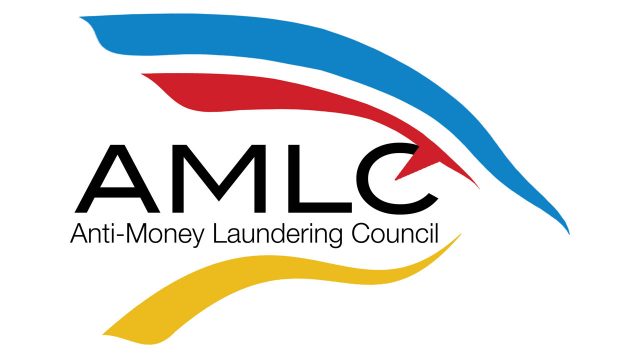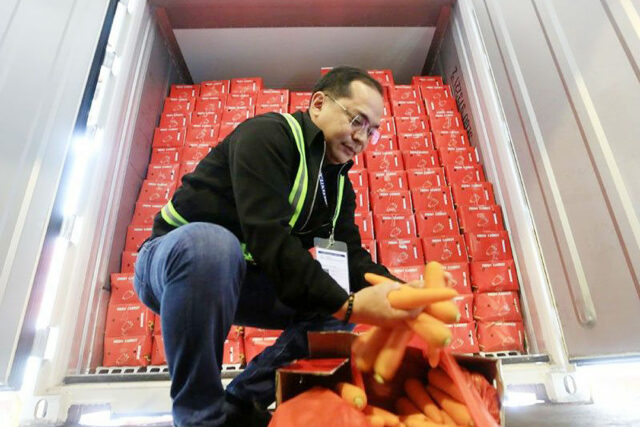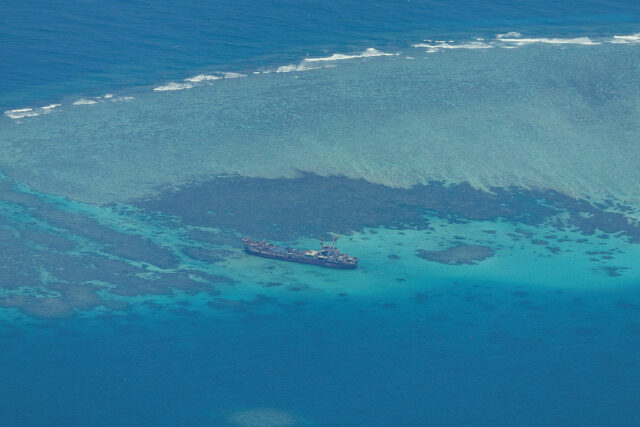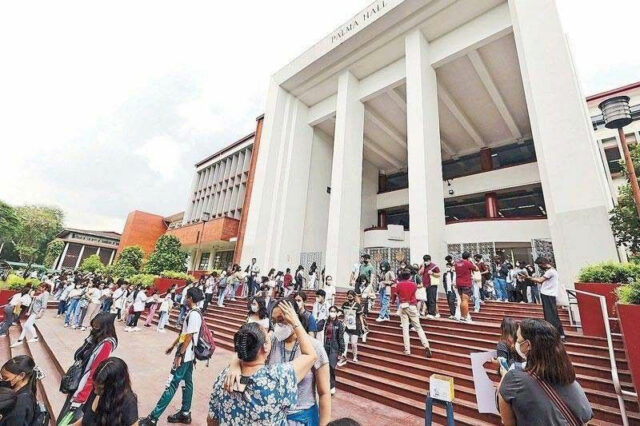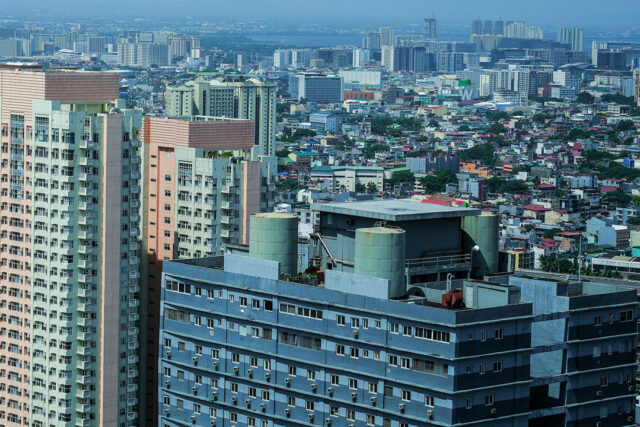By Adrian H. Halili and Kenneth Christiane L. Basilio, Reporters
THE Department of Foreign Affairs (DFA) on Monday dismissed China’s latest travel advisory that warned Chinese citizens about the deteriorating security situation in the Philippines.
“The relevant travel advisories issued by China mischaracterize the situation in the Philippines,” the agency said in a statement.
At the weekend, the Chinese Embassy in Manila, citing its Ministry of Education, cautioned its nationals against what it described as worsening security conditions and “malicious crimes” targeting Chinese citizens.
The ministry also cited alleged instances of Chinese citizens and businesses in the Philippines facing frequent inspections and harassment from local law enforcement.
It urged them to remain vigilant, avoid high-risk areas and carefully assess safety risks before traveling to or staying in the Philippines. The advisory also reiterated its warning to Chinese students considering pursuing their studies in the country.
This is the second such advisory issued by Chinese authorities this year. The first was released on July 18, citing similar concerns over safety and treatment of Chinese nationals.
The DFA countered that crimes involving foreign nationals, including those committed by Chinese citizens against their compatriots, are being actively addressed by Philippine law enforcement agencies.
“Instances of crimes reported or known to law enforcement authorities are being vigorously addressed,” it said, adding that the government has been engaging with stakeholders to address these cases.
It also said the Philippines remains committed to maintaining constructive ties with Beijing.
“The Philippines remains committed to constructively addressing matters of mutual concern with China,” the DFA said, noting that both sides held their ninth joint consular consultation in July, when law enforcement cooperation was discussed.
Foreign policy analysts, however, viewed the Chinese advisory as politically motivated.
Francis M. Esteban, faculty member at the Far Eastern University Department of International Studies, said the warning undermines the Philippines’ international credibility.
“This has always been the tactic of China in trying to undermine the Philippines’ legitimacy as a world player, which is of course connected to our territorial dispute with them,” he told BusinessWorld in a Facebook Messenger chat.
Relations between Manila and Beijing have been strained in recent years because of their dispute in the South China Sea, where they have had repeated confrontations.
A United Nations-backed arbitral tribunal in The Hague voided China’s sweeping claims to more than 80% of the South China Sea in 2016, through which more than $3 trillion worth of trade passes each year.
Since taking office in 2022, President Ferdinand R. Marcos, Jr. has taken a more vocal stance against China’s expansive claims in the South China Sea. Tensions have intensified, with the Philippines pushing back against China’s presence in waters it claims as part of its exclusive economic zone.
RESUPPLY MISSIONS
Also on Monday, the Philippines’ National Maritime Council said its “provisional understanding” with China on resupply missions to a grounded warship at a disputed shoal in the South China Sea remains in effect despite heightened Chinese activity in the area.
Authorities would proceed with supply runs to the BRP Sierra Madre at Second Thomas Shoal without any operational changes, National Maritime Council spokesman Alexander S. Lopez told reporters.
“The provisional understanding between our country and China hasn’t changed,” he said in mixed English and Filipino, noting that the DFA and Beijing’s Ministry of Foreign Affairs are “still in talks” over the resupply deal. “We’ll just leave it that way. We cannot just divulge the details.”
The Philippines and China struck the arrangement in July 2024 after a series of tense standoffs. The deal, meant to manage maritime tensions and prevent escalation, allowed Manila to sustain resupply missions to the BRP Sierra Madre, which was deliberately run aground in 1999 to reinforce Philippine claims over Second Thomas Shoal.
China’s Foreign Ministry has described the deal as a “temporary arrangement.” Then-Foreign Affairs Undersecretary Ma. Theresa P. Lazaro, now secretary, said in August last year that the understanding was subject to review. Both governments reiterated in January that they would continue to honor the deal.
Mr. Lopez downplayed the presence of Chinese vessels near the shoal. “The sightings [of Chinese ships] have always been there every time we hold [resupply missions],” he said. “We take it as a usual, natural thing for us to see those Chinese vessels.”
Philippine Rear Admiral Roy Vincent T. Trinidad, Philippine Navy spokesman for the South China Sea, reported last week that Chinese presence had swelled. From an average of seven militia boats and two coast guard ships, the number rose to about 20 in late August.
“We have plans,” Mr. Lopez said, stressing that authorities are prepared to carry out resupply missions despite Chinese buildup. “Whatever it takes.”
He added that Manila expected China to intensify its presence after a Chinese Coast Guard vessel collided with a Chinese Navy warship near Scarborough Shoal last month, calling the incident a “big embarrassment” for Beijing.
The Philippine government is also weighing a new arbitration case against China’s expansive South China Sea claims, Mr. Lopez said.
“While we say that it’s an option, it will [need to] be studied very carefully,” he said. “What and when we will file that, it depends now on the Executive.”

